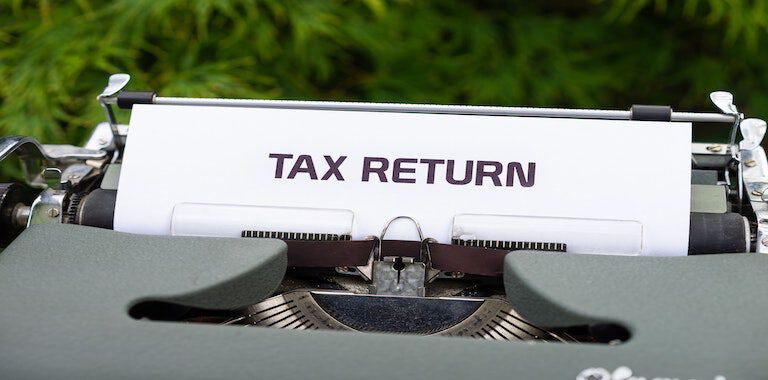Tax arrangements for Fosters –
You should have registered as self-employed when you started to foster. You’ll need to file tax returns. Check with your fostering service what you need to do.
In your tax return, you’ll be able to claim:
- A tax exemption of up to £10,000 per household
- Tax relief for every week you foster a child
This is known as qualifying care relief.
You may be entitled to National Insurance credits, which count towards your State Pension.
Tax Exemption:
In a tax year, households do not pay tax on the first £10,000 they earn from fostering. You’ll still pay tax on money you earn from a job or investment.
Tax Relief:
You will also benefit from a weekly tax relief while you have a child placed in your care. This Tax relief is on top of the £10,000.
The weekly amount of tax relief is dependent on the age of the foster child in you care.
For each child under the age of 11 in your care, you will benefit from a tax relief of £200 each week.
For each child aged 11 or over in your care, you will benefit from a tax relief of £250 each week.
Example 1
Osman fosters full time, he fosters a 15 year old boy, long term so has cared for him for a full year.
Tax relief £10,000
Tax exemption for 52 weeks at £250 £13,000
Osman’s total fostering allowance £21,000
Total tax threshold for fostering £23,000
Osman receives a fostering allowance of £21,000 which is below the threshold of £23,000, so Osman will not be eligible to pay tax.
Example 2
Anna fosters a 12 year old for a full tax year, but then has a 6 year old alongside for 14 weeks.
Tax relief £10,000
Tax exemption for 52 weeks at £250 £13,000
Tax exemption for 14 weeks at £200 £2,800
Anna’s total fostering allowance £28,000
Total tax threshold for fostering £25,800
Anna receives a fostering allowance of £28,000. £2,200 of her income is eligible for tax. Anna has no other income other than his fostering allowance, so she has not exceeded her personal tax allowance, which is currently £12,500. So Anna will not pay any tax.
Tax depends on your personal circumstances and other sources of income, therefore, we urge all our foster carers to seek expert tax advice from your accountants.You can also find information in HMRC’s online course about tax arrangements for foster parents.
02086374940 / 07440246015




